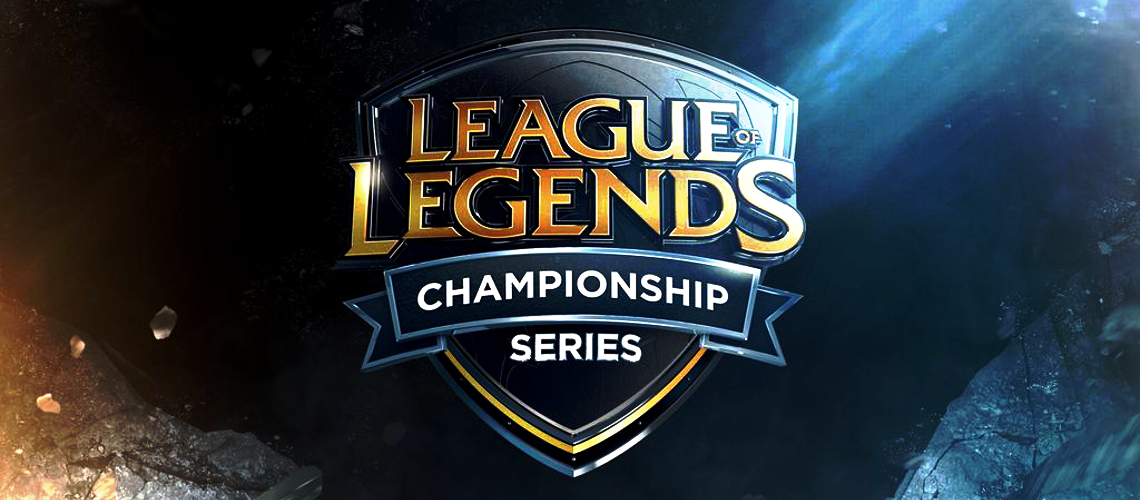After several years of inconsistent rulings in Riot Games’ League of Legends Championship Series, the developer of the most popular game in the world is moving forward to bring more transparency to their ruleset. Announced earlier today, the company is making three major changes that will impact the way penalties and fines are handed out. They are as follows:
1.
Creation of a Penalty Index – List of common offences and their corresponding punishment.
2.
Creation of a Penalty Tracker – A resource for all punishments handed out by Riot Games, available to the public.
3.
Increased Dialogue with Players and Organizations The full information on these changes can be found here, on Riot’s official post. These changes come as a good sign of change within the game’s ecosystem. Through them, we’ll be able to establish a better case for precedent heading into the future. Instead of seemingly arbitrary fines handed out to the teams and players on an inconsistent basis, all punishments will presumably follow a pattern. This has been one of the largest problems that Riot has faced since they’ve taken it upon themselves to act as commissioners of professional League of Legends, where can they draw the line?
The third change, however, leaves a strange impression. As noted in their official release, Riot and the LCS have been meeting with competitive players and organizations on these matters since the league’s inception. Clearly, they’re attempting to legitimize it through an actual panel of players for the sake of keeping things professional. But could it be possible that they’re worrying about their position in esports as a whole?
As we’ve recently seen in other competitive scenes, mainly Dota and CounterStrike, the larger organizations aren’t afraid to throw their weight around. Could we be experiencing the same situation here, with Riot hoping to keep as many people happy as they can? There’s also the constantly pushing issue of whether or not players need a union, a debate that will surely continue with more and more profesional teams becoming vanity projects of millionaires.
It will also be interesting to see if the next year will bring more and more infrastructure merely for the sake of infrastructure. A more legitimized landscape is, of course, more appealing to the mainstream audience, a group that esports has caught the attention of over the last few months. Said infrastructure could also be used to jump start the esports potential of their new game that we know is in development, even though we aren’t one hundred percent sure exactly what it is yet.
No matter the reason, I don’t think anyone could argue that this isn’t a step in the right direction. Transparency in such a closed door industry can only make things better and open up the ignorant viewer’s eyes to what’s really going on.
What do you think about these changes to Riot’s operations and the LCS? Let us know in the comments below and remember to follow us here at
eSports Guru for all your esports and competitive
League of Legends
needs!

